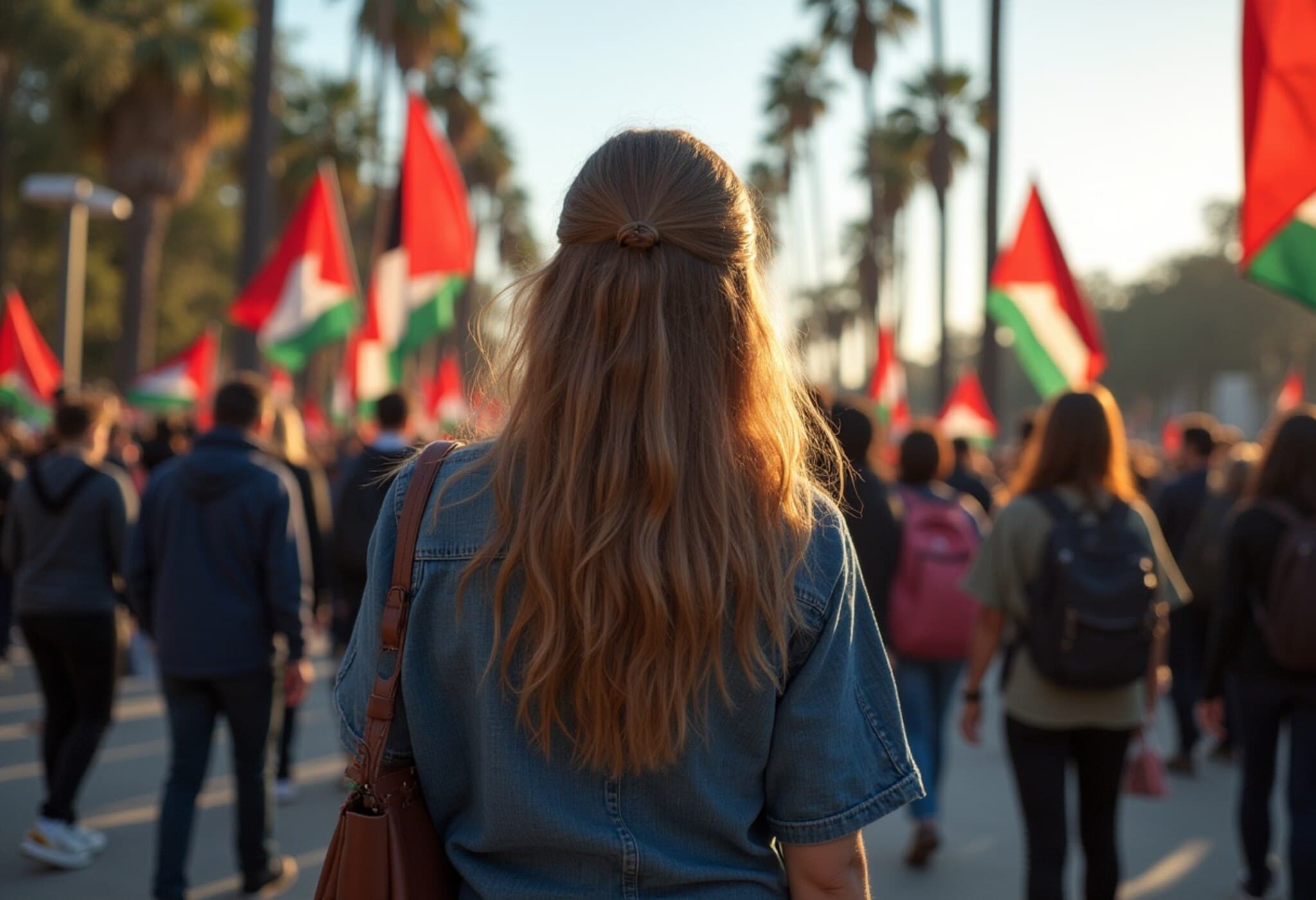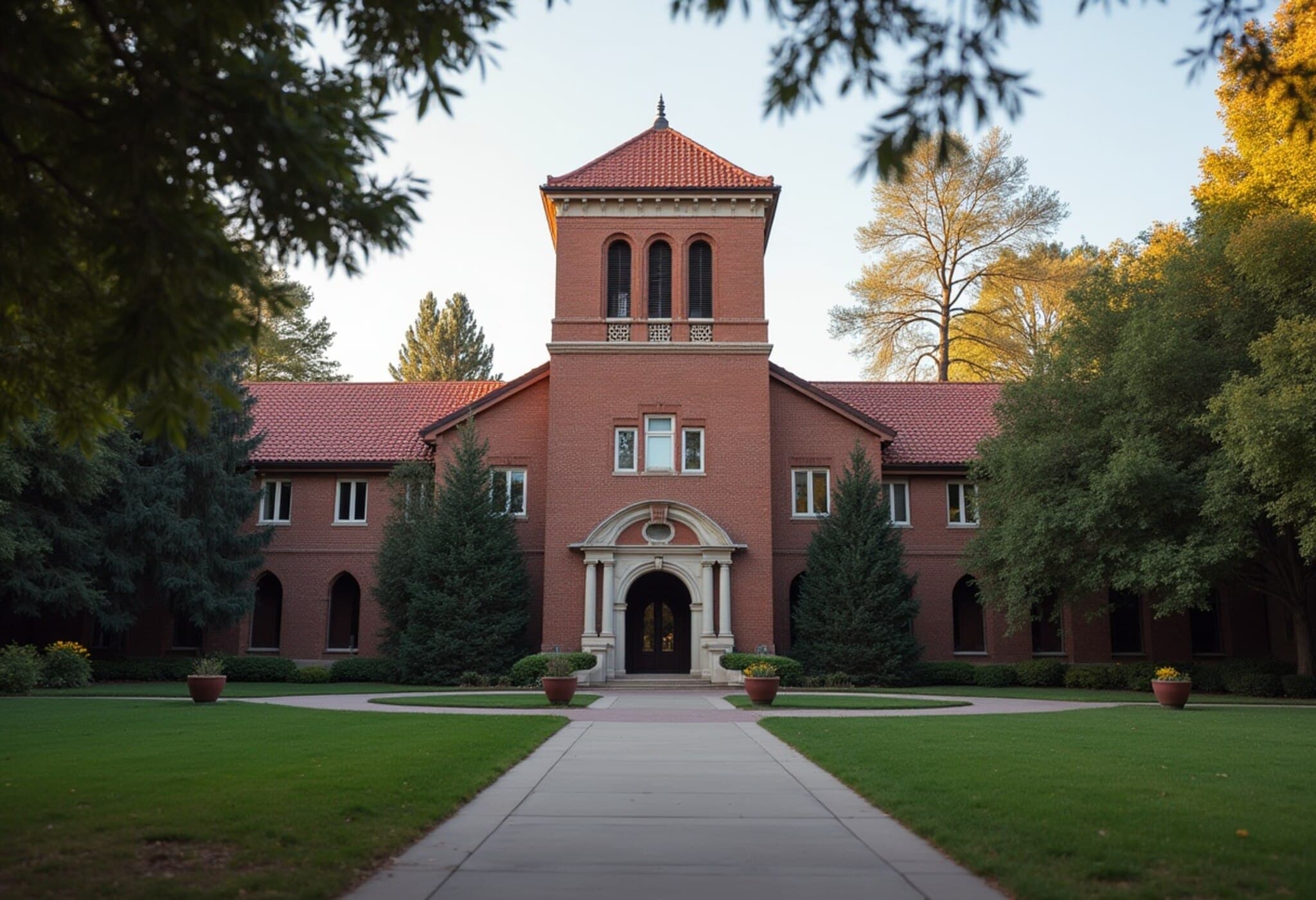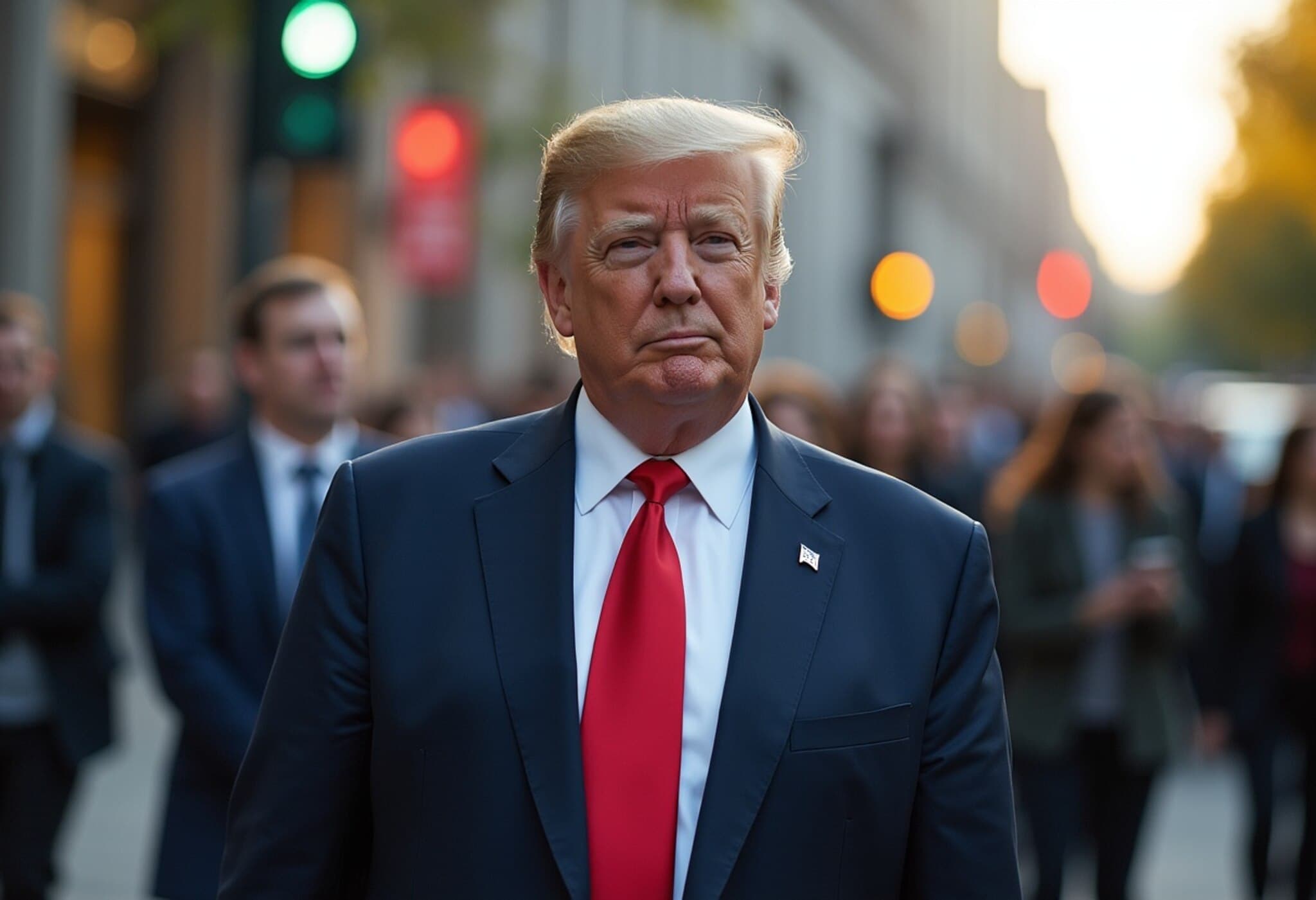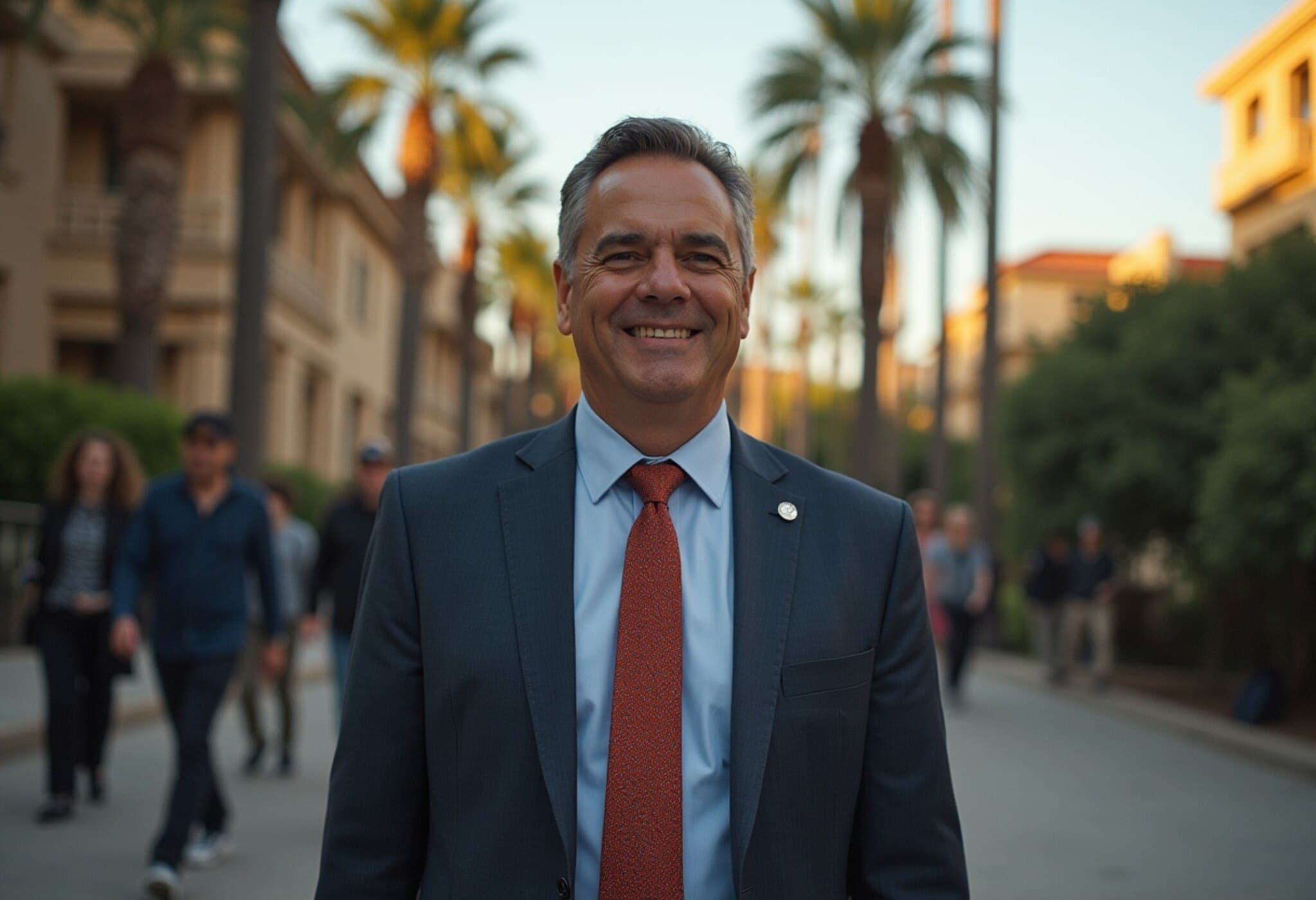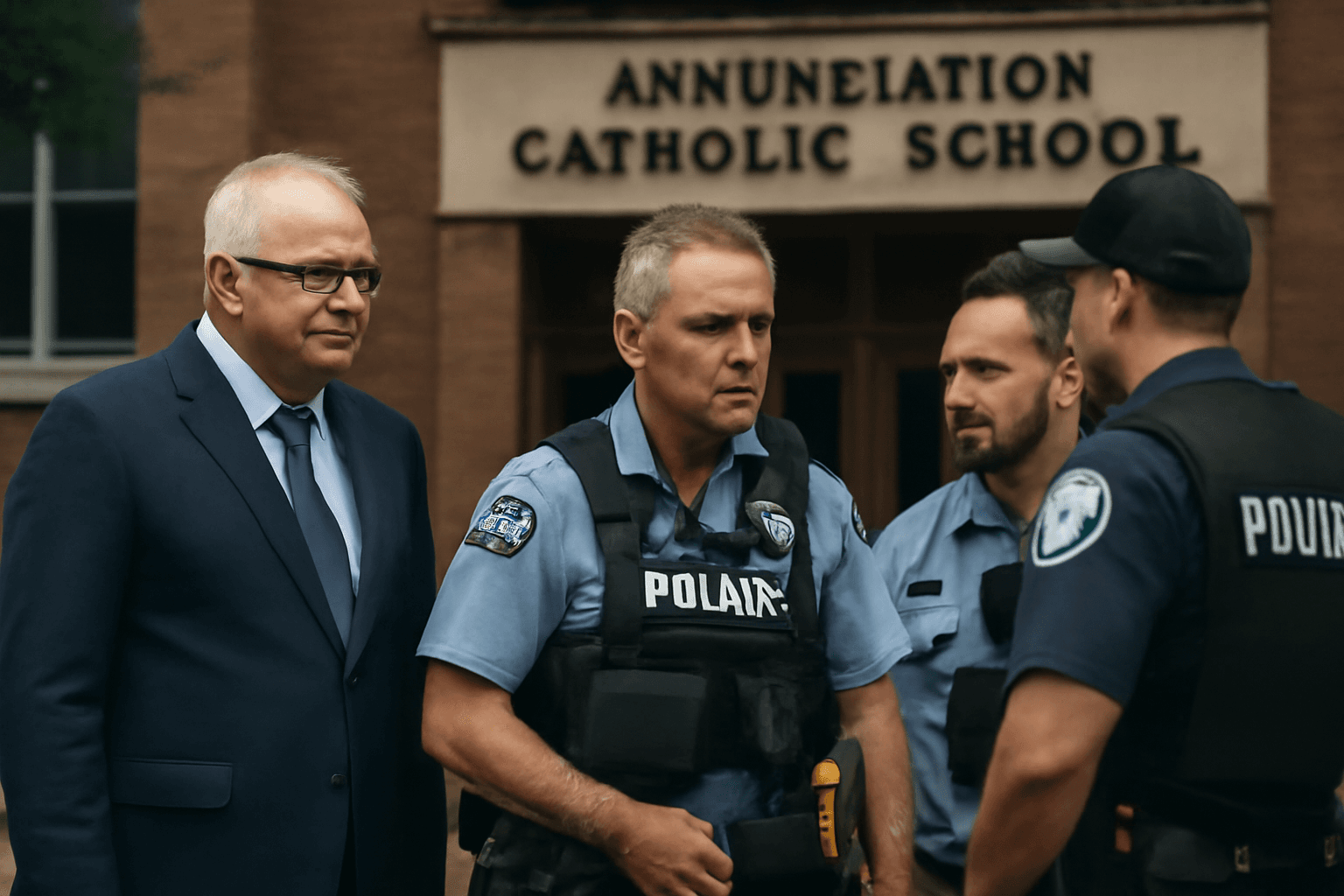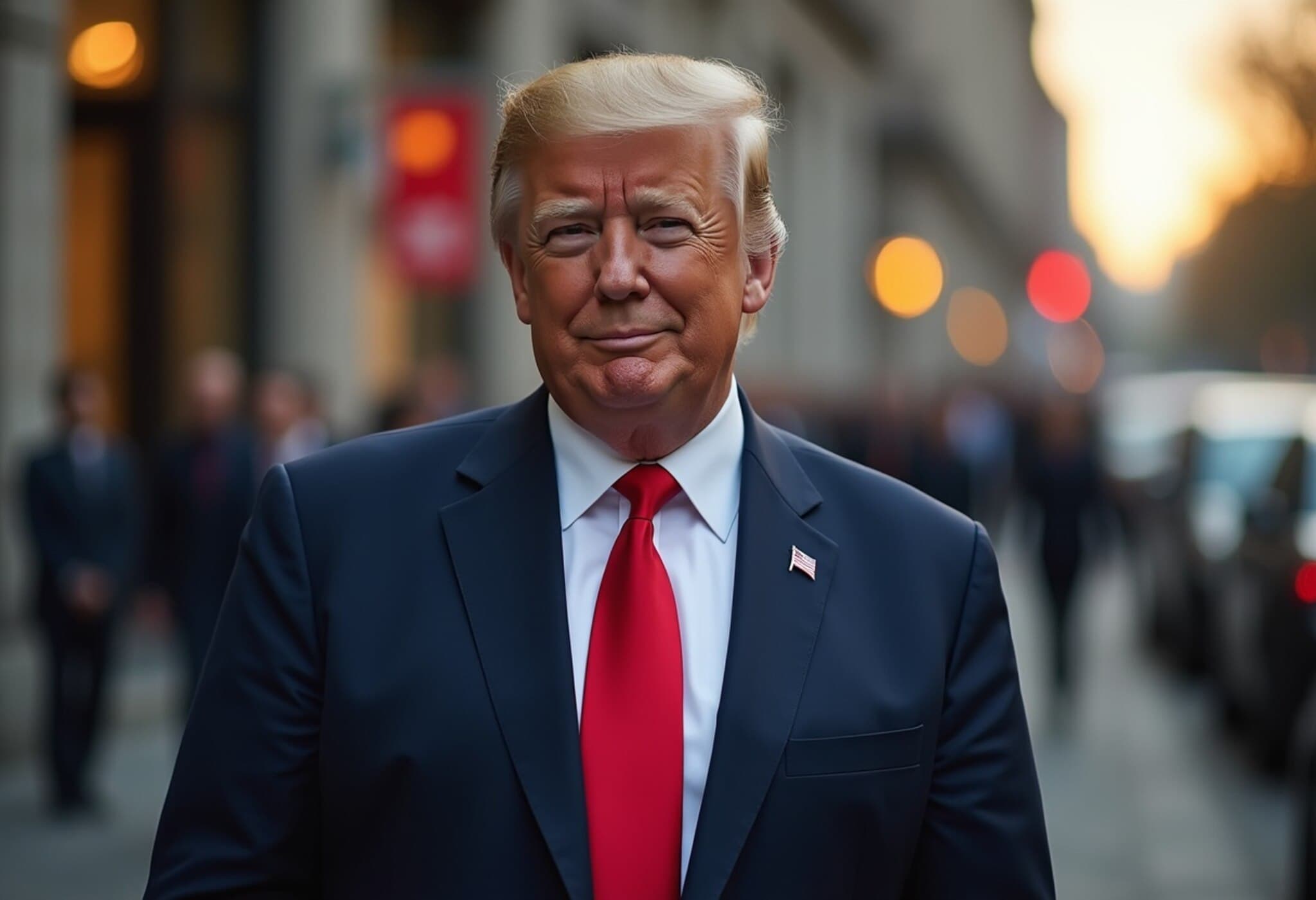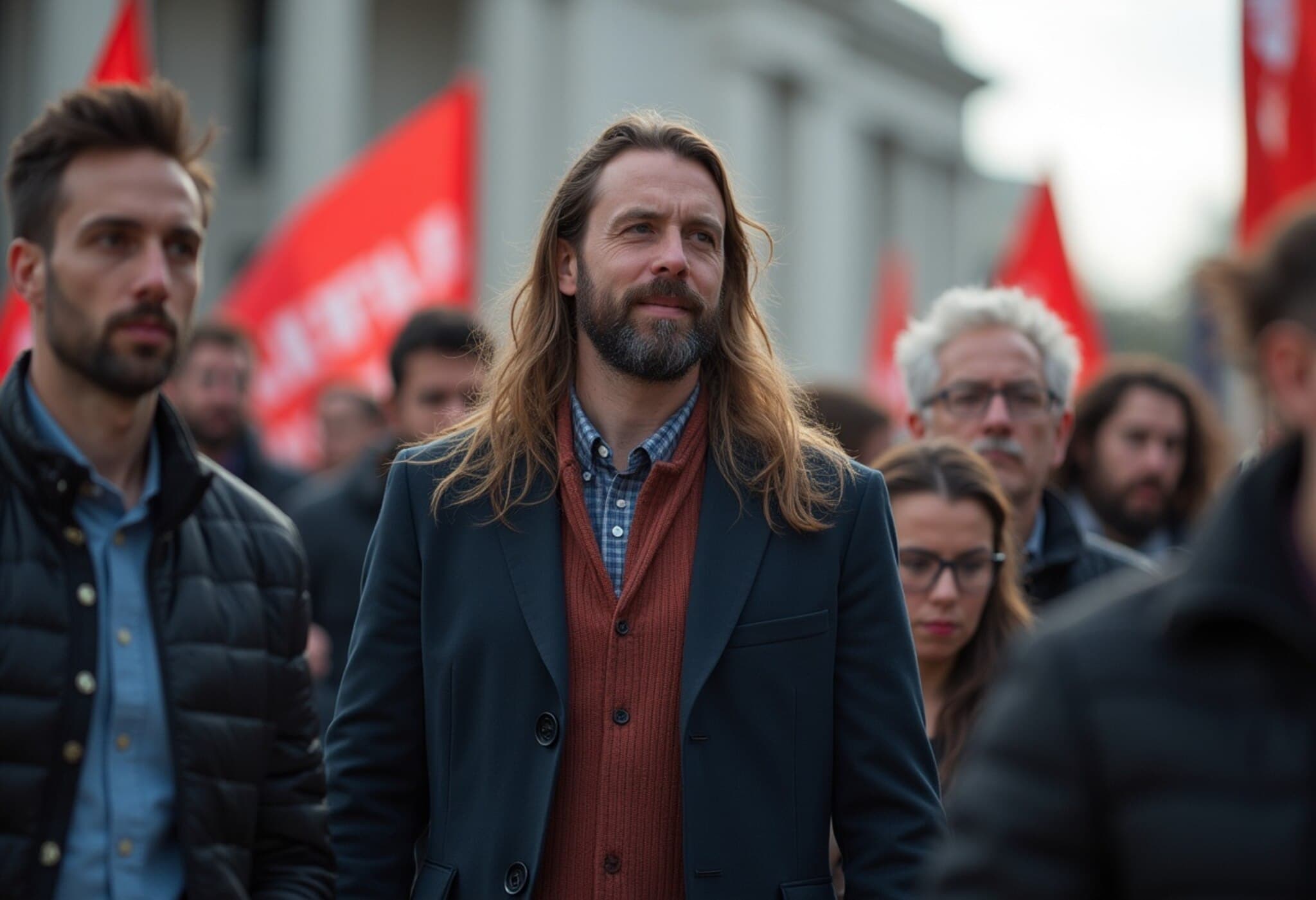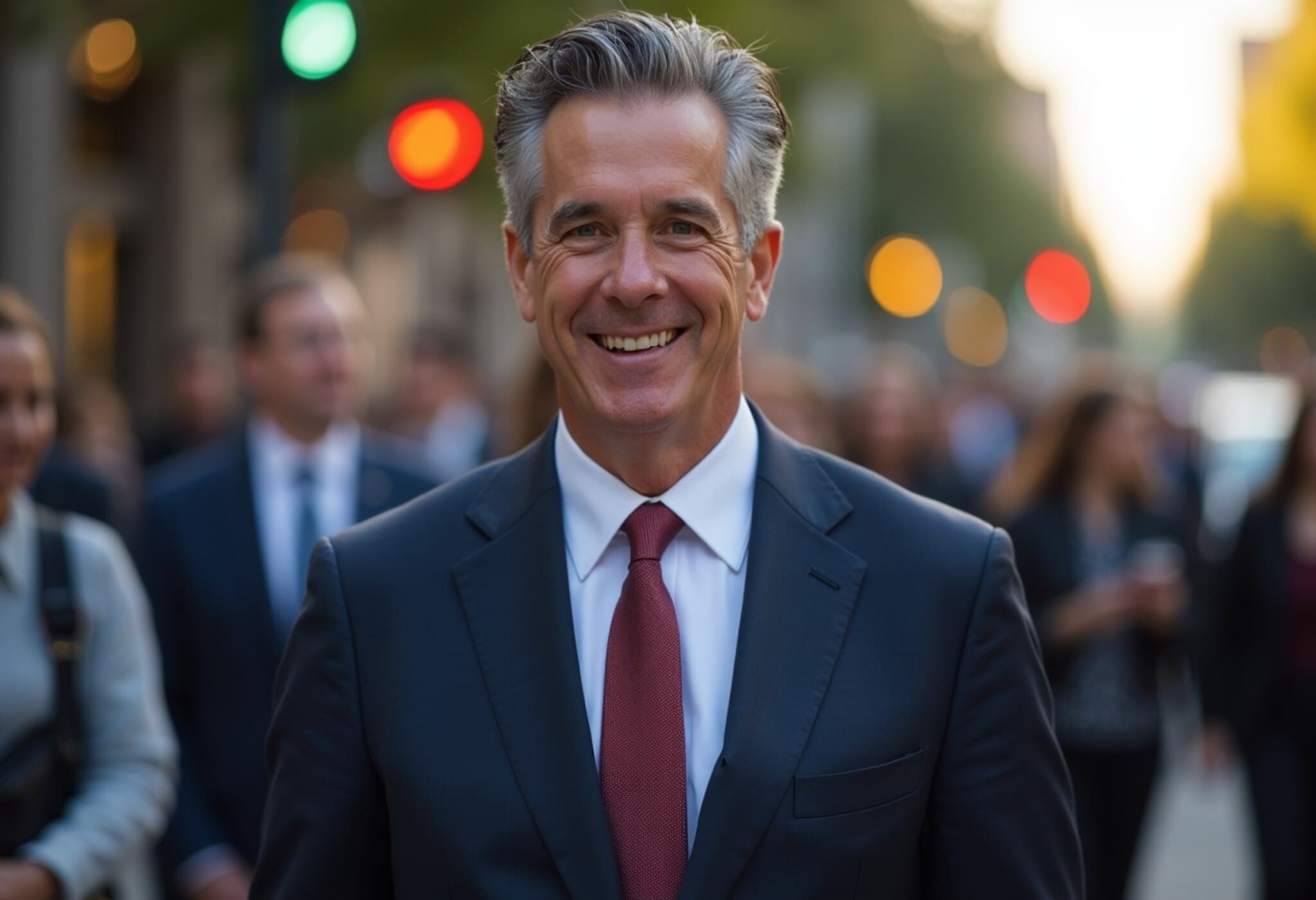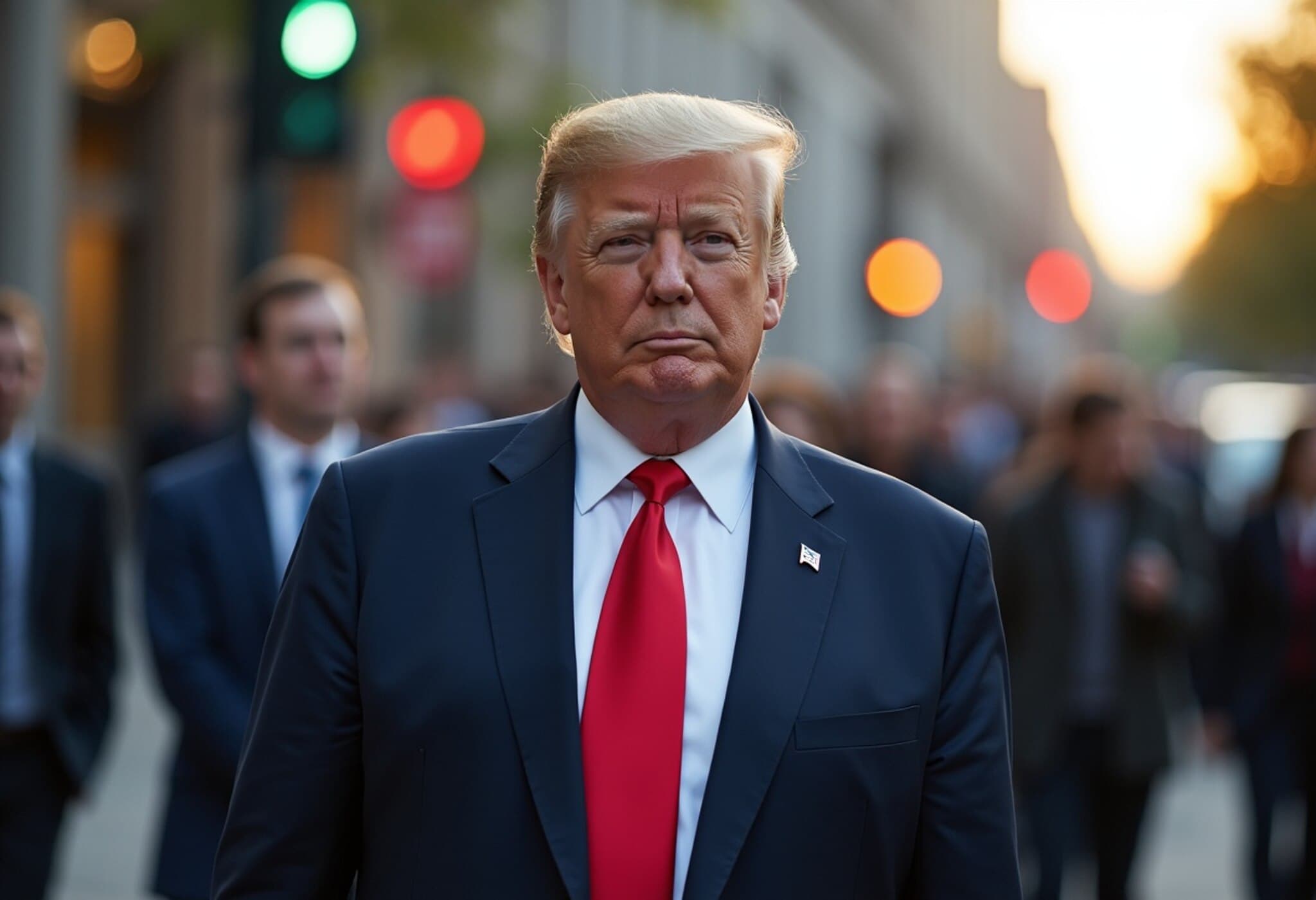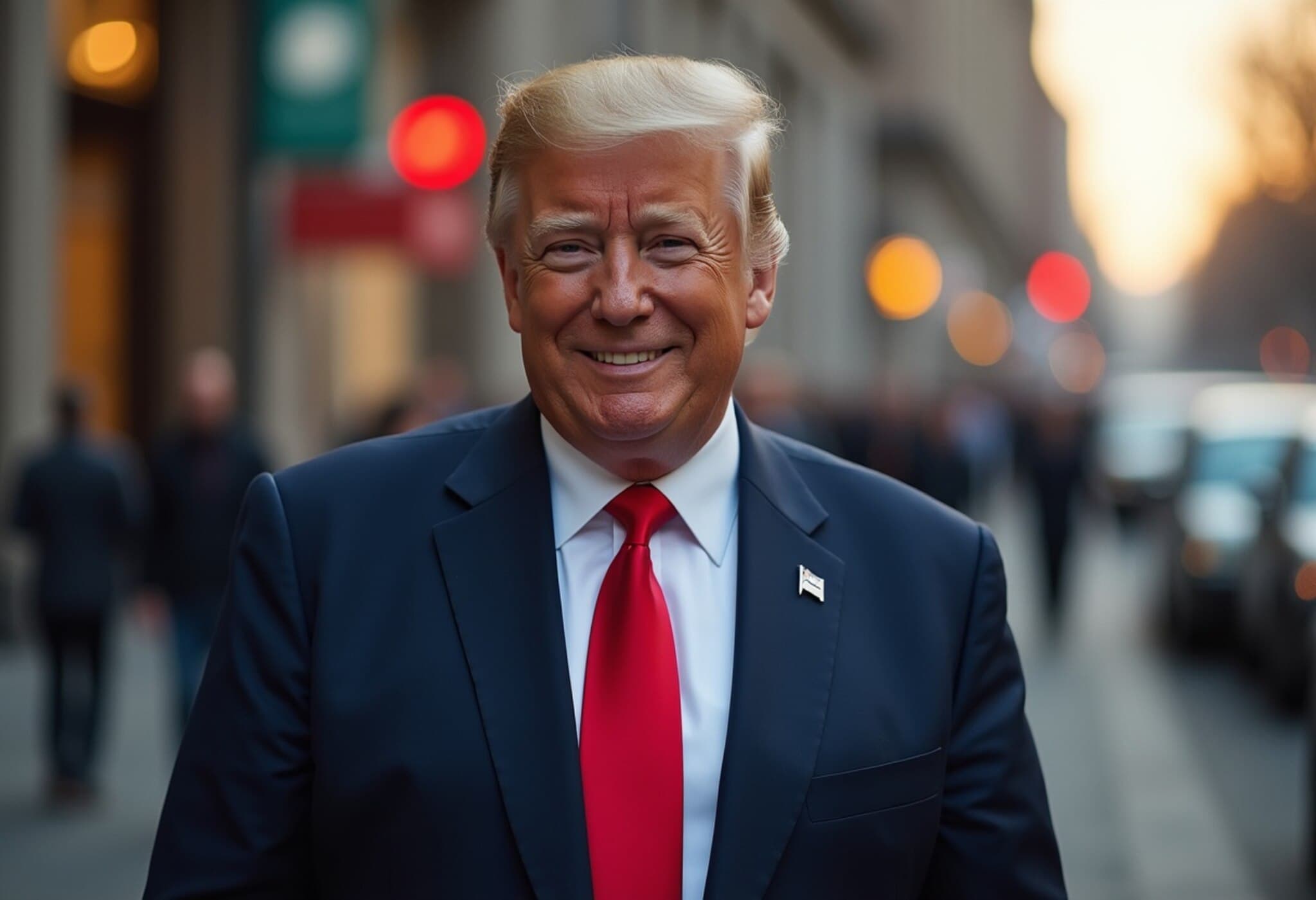UCLA’s $584 Million Federal Funding Suspended Over Campus Protests
The University of California, Los Angeles (UCLA) is currently grappling with a significant financial and political challenge as the Trump administration has frozen approximately $584 million in federal funding. This move comes amid allegations by the federal government accusing UCLA and other universities of permitting antisemitic incidents linked to last year's large-scale pro-Palestinian protests.
Context Behind the Funding Freeze
The freeze is part of a broader federal crackdown targeting universities perceived as tolerant of antisemitism, specifically in relation to demonstrations criticizing Israel's military operations in Gaza. The government argues that these campuses allowed rhetoric and actions that cross the line into antisemitism during these protests.
However, protesters, including prominent Jewish student groups, counter this narrative, asserting that vocal opposition to Israel's policies and military tactics should not be conflated with antisemitism. They emphasize that advocacy for Palestinian rights is rooted in human rights concerns, not extremism or hatred.
University Leadership Responds
In a public statement, UCLA Chancellor Julio Frenk confirmed that the suspended funds—described as "extra-mural award funding"—are at risk, highlighting the severity of the administration's actions. Meanwhile, University of California President James Milliken announced that the university is engaging in dialogue with the federal government to restore its financial support. Milliken criticized the funding cuts as ineffective measures that fail to address the root causes of antisemitism, implying that punitive acts against institutions might undermine broader efforts to foster campus inclusivity.
Legal Settlements and Ongoing Probes
UCLA recently agreed to a settlement exceeding $6 million in response to a lawsuit from students and a professor alleging antisemitism. The university also faces litigation related to a violent attack against pro-Palestinian demonstrators during the peak of the protests in 2024.
This federal scrutiny is not unique to UCLA. Columbia University settled similar allegations for over $220 million, and Brown University agreed to a $50 million settlement. Ongoing negotiations are underway with Harvard University. These cases raise critical questions about the balance between protecting civil rights and ensuring campus safety.
Free Speech, Academic Freedom, and Broader Civil Rights Concerns
Civil liberties advocates warn that these federal investigations risk impinging on free speech and academic freedom. The Trump administration’s attempts to deport foreign students involved in protests have met legal challenges. Notably, Stanford University’s student newspaper has sued the administration, accusing it of fostering a climate of censorship where student journalists avoid contentious topics like Gaza to avert immigration repercussions.
Experts signal a troubling increase in not only antisemitism but also anti-Arab bias and Islamophobia linked to the Gaza conflict. Critics observe an imbalance, noting the federal government has not initiated similar probes targeting Islamophobic incidents, raising questions about selective enforcement and equity in addressing hate crimes and discrimination.
Understanding the Larger Implications
- Financial Impact: The freezing of hundreds of millions in federal funds threatens UCLA’s research programs, student support, and institutional operations, with ripple effects on academic opportunities and local economies.
- Political Dimensions: The issue sits at the intersection of U.S. foreign policy, civil rights, and education governance, highlighting how geopolitical conflicts manifest in domestic campuses.
- Campus Climate: The controversy underscores enduring tensions around identity, free expression, and safety within diverse student populations.
Expert Commentary
Dr. Helen Matthews, a scholar in higher education policy, notes, "This unprecedented withdrawal of federal funds signals a challenging era for universities, caught between government pressures and the imperative to uphold open discourse. Balancing security against free speech is a complex tightrope walk that will define campus policies for years to come."
From a legal perspective, constitutional expert Jamal Greene points out, "These cases test the limits of government intervention in academic affairs, raising crucial First Amendment questions especially regarding the definition and enforcement of antisemitism versus political speech."
Editor’s Note
UCLA’s ongoing funding crisis spotlights a delicate and controversial moment in U.S. higher education, where passionate advocacy, ethnic identities, and federal oversight collide. As the university negotiates a path forward, critical questions remain: How can campuses foster inclusive environments that simultaneously protect free expression? Will financial penalties serve as effective deterrents against hate or stifle legitimate political discourse? And ultimately, how will this tension reflect on America’s democratic values and international standing?
Readers are encouraged to consider the deeper implications this story reveals about governance, student rights, and the evolving landscape of campus activism.

